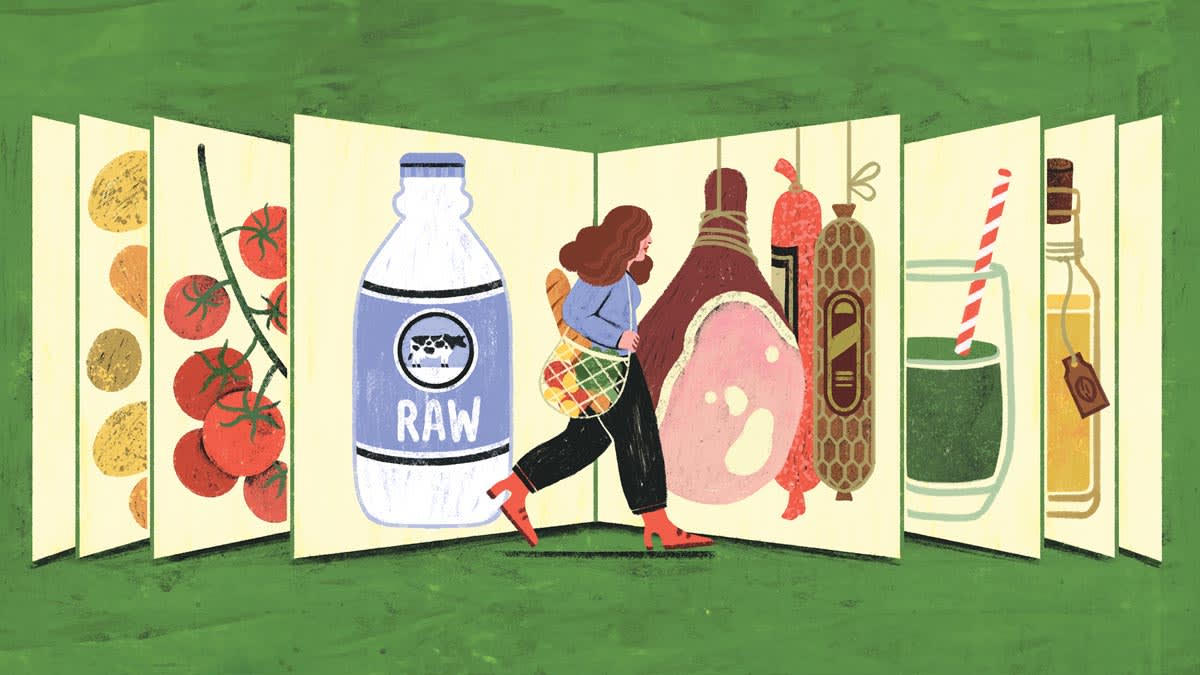
5 Misunderstood Foods
- 22.03.2025 10:46
- consumerreports.org
- Keywords: AI, Startup, Market Growth, Revenue Drop
The article explores common misconceptions about five misunderstood foods, including raw milk, seed oils, and nightshade vegetables, providing expert-backed insights to clarify their benefits and risks. It emphasizes the importance of critical thinking when evaluating nutrition advice and highlights that many popular claims lack scientific support.